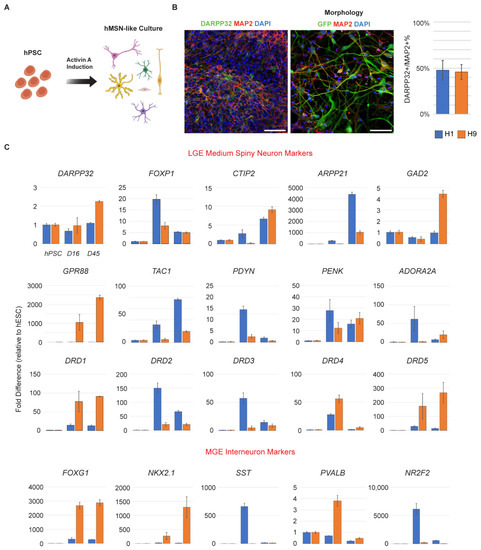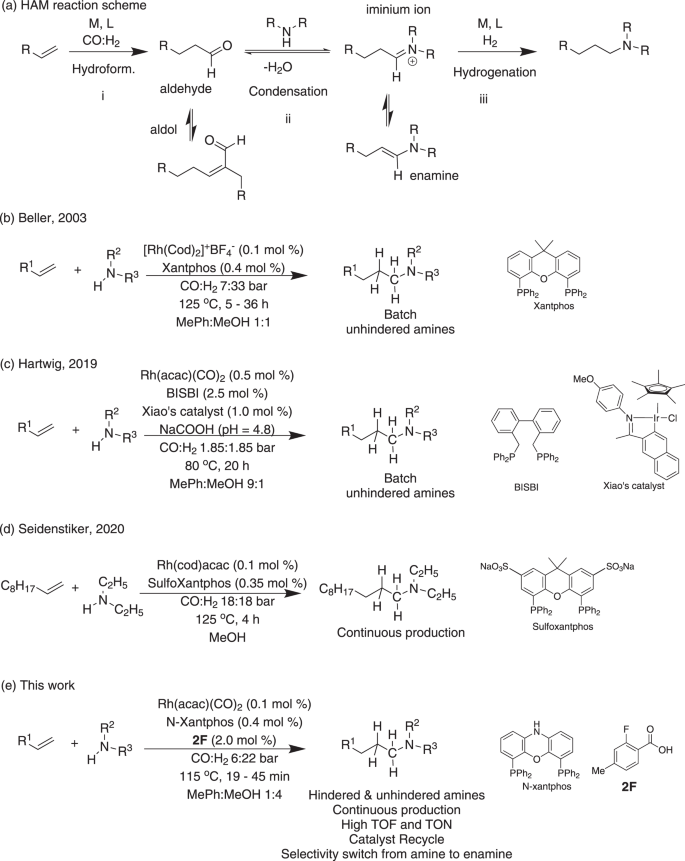2022-05-04 ノースカロライナ州立大学(NCState)
この研究の筆頭著者であり、NC州立大学の化学・生体分子工学の助教授であるアルバート・キョン氏は、「中毒が人間の脳にどのような変化をもたらすかを、細胞レベルで研究することは非常に難しいことで、今回行ったことは、ヒト幹細胞から得たニューロン様細胞を使って、それらの細胞反応を深く理解できることを実証しています。」
<関連情報>
- https://news.ncsu.edu/2022/05/new-insights-on-gene-activity-and-addiction/
- https://www.mdpi.com/2073-4409/11/9/1411
ヒト多能性幹細胞由来中棘ニューロン様細胞は遺伝子脱感作性を示す Human Pluripotent Stem Cell-Derived Medium Spiny Neuron-like Cells Exhibit Gene Desensitization
Ryan W. Tam and Albert J. Keung
Cells Published: 21 April 2022
DOI:https://doi.org/10.3390/cells11091411

Abstract
Gene desensitization in response to a repeated stimulus is a complex phenotype important across homeostatic and disease processes, including addiction, learning, and memory. These complex phenotypes are being characterized and connected to important physiologically relevant functions in rodent systems but are difficult to capture in human models where even acute responses to important neurotransmitters are understudied. Here through transcriptomic analysis, we map the dynamic responses of human stem cell-derived medium spiny neuron-like cells (hMSN-like cells) to dopamine. Furthermore, we show that these human neurons can reflect and capture cellular desensitization to chronic versus acute administration of dopamine. These human cells are further able to capture complex receptor crosstalk in response to the pharmacological perturbations of distinct dopamine receptor subtypes. This study demonstrates the potential utility and remaining challenges of using human stem cell-derived neurons to capture and study the complex dynamic mechanisms of the brain.

